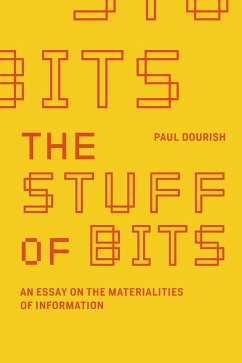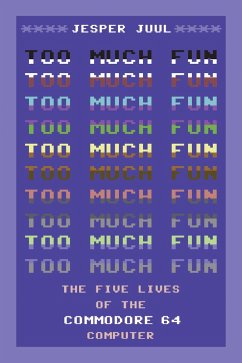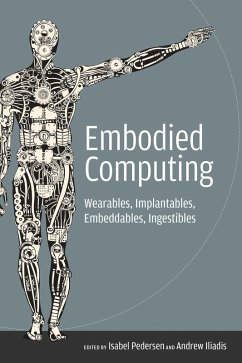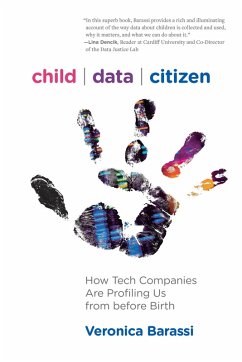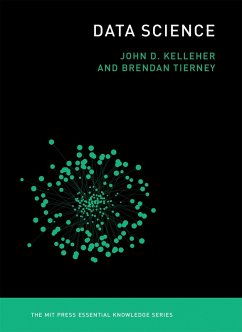
Heteromation, and Other Stories of Computing and Capitalism (eBook, ePUB)

PAYBACK Punkte
10 °P sammeln!
An exploration of a new division of labor between machines and humans, in which people provide value to the economy with little or no compensation.The computerization of the economyand everyday lifehas transformed the division of labor between humans and machines, shifting many people into work that is hidden, poorly compensated, or accepted as part of being a user of digital technology. Through our clicks and swipes, logins and profiles, emails and posts, we are, more or less willingly, participating in digital activities that yield economic value to others but little or no return to us. Hami...
An exploration of a new division of labor between machines and humans, in which people provide value to the economy with little or no compensation.
The computerization of the economyand everyday lifehas transformed the division of labor between humans and machines, shifting many people into work that is hidden, poorly compensated, or accepted as part of being a user of digital technology. Through our clicks and swipes, logins and profiles, emails and posts, we are, more or less willingly, participating in digital activities that yield economic value to others but little or no return to us. Hamid Ekbia and Bonnie Nardi call this kind of participationthe extraction of economic value from low-cost or free labor in computer-mediated networksheteromation. In this book, they explore the social and technological processes through which economic value is extracted from digitally mediated work, the nature of the value created, and what prompts people to participate in the process.
Arguing that heteromation is a new logic of capital accumulation, Ekbia and Nardi consider different kinds of heteromated labor: communicative labor, seen in user-generated content on social media; cognitive labor, including microwork and self-service; creative labor, from gaming environments to literary productions; emotional labor, often hidden within paid jobs; and organizing labor, made up of collaborative groups such as citizen scientists. Ekbia and Nardi then offer a utopian vision: heteromation refigured to bring end users more fully into the prosperity of capitalism.
The computerization of the economyand everyday lifehas transformed the division of labor between humans and machines, shifting many people into work that is hidden, poorly compensated, or accepted as part of being a user of digital technology. Through our clicks and swipes, logins and profiles, emails and posts, we are, more or less willingly, participating in digital activities that yield economic value to others but little or no return to us. Hamid Ekbia and Bonnie Nardi call this kind of participationthe extraction of economic value from low-cost or free labor in computer-mediated networksheteromation. In this book, they explore the social and technological processes through which economic value is extracted from digitally mediated work, the nature of the value created, and what prompts people to participate in the process.
Arguing that heteromation is a new logic of capital accumulation, Ekbia and Nardi consider different kinds of heteromated labor: communicative labor, seen in user-generated content on social media; cognitive labor, including microwork and self-service; creative labor, from gaming environments to literary productions; emotional labor, often hidden within paid jobs; and organizing labor, made up of collaborative groups such as citizen scientists. Ekbia and Nardi then offer a utopian vision: heteromation refigured to bring end users more fully into the prosperity of capitalism.
Dieser Download kann aus rechtlichen Gründen nur mit Rechnungsadresse in A, B, BG, CY, CZ, D, DK, EW, E, FIN, F, GR, HR, H, IRL, I, LT, L, LR, M, NL, PL, P, R, S, SLO, SK ausgeliefert werden.




